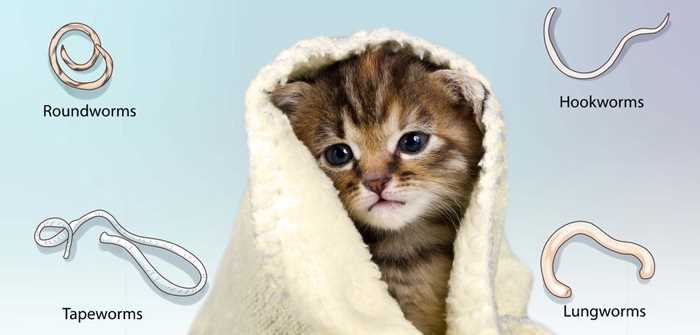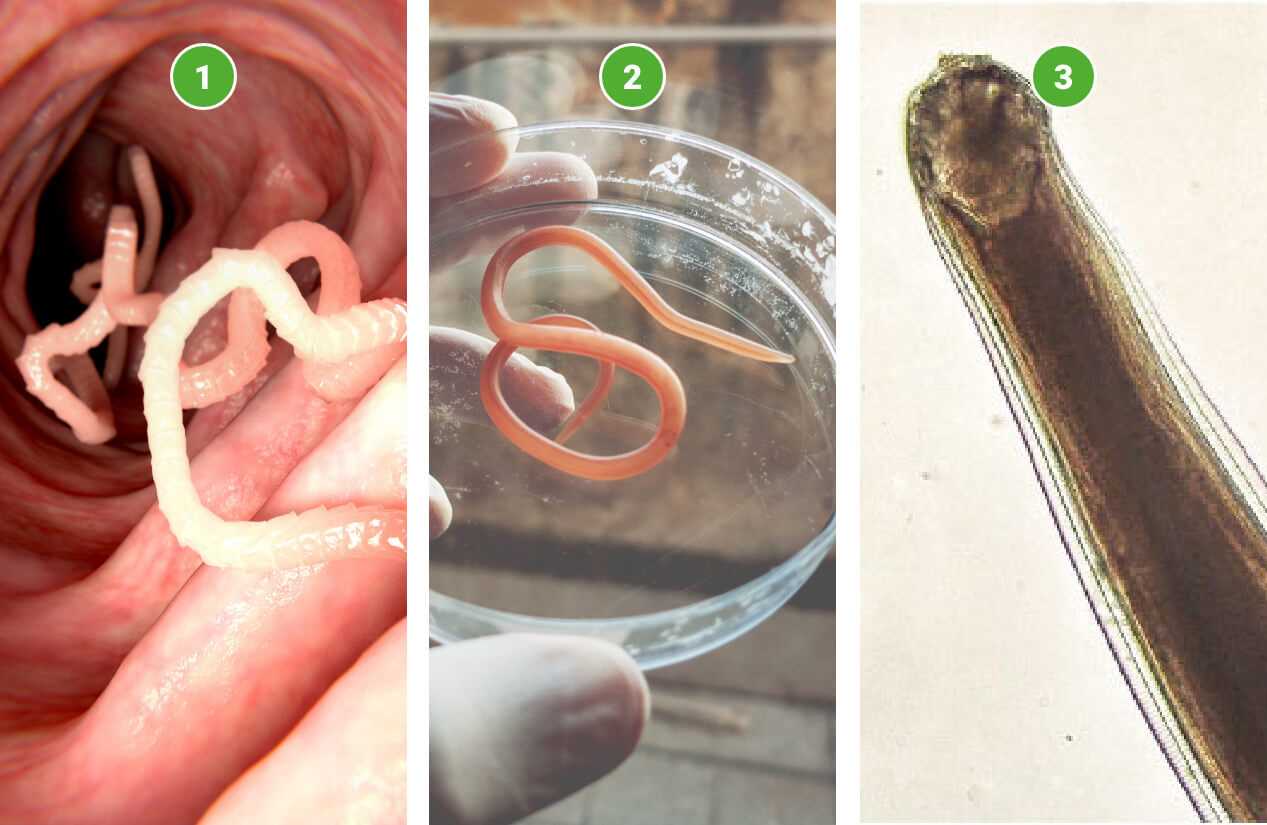As a savvy eight-year-old Scottish Fold, I’ve encountered various health topics that concern our kind. One major issue that often arises is the presence of intestinal parasites. Regular deworming is not just a suggestion; it’s a necessity for maintaining optimal health.
These parasites, which include various types of roundworms and tapeworms, can easily invade our bodies through contaminated food, water, or even through the environment. It’s essential to be aware that even the cleanest of homes can harbor these critters, especially if there are other animals around.
Signs of infestation may include changes in appetite, weight loss, or unusual behaviors. If you notice any of these symptoms, consulting a veterinarian is crucial. They can provide accurate diagnosis and treatment plans tailored to individual needs.
Preventative measures are equally important. Keeping our living spaces clean, avoiding raw meat diets, and ensuring regular vet check-ups can significantly reduce the risk of these unwelcome guests. Knowledge is power, and being proactive can lead to a healthier, happier life.
Common Types of Worms Found in Felines

As an experienced feline, I can tell you about the various types of parasites that may invade my kind. Roundworms are among the most prevalent. They resemble spaghetti and can cause significant gastrointestinal distress. You may notice symptoms like vomiting or diarrhea.
Tapeworms are another common culprit. These flat, segmented worms often come from ingesting fleas. If you spot small, rice-like segments near the tail, it’s a clear indication of their presence. Regular flea control is key to preventing these pesky invaders.
Hookworms are less visible but just as harmful. They attach to the intestinal walls and can lead to anemia and weight loss. If you observe lethargy or pale gums, a vet visit is necessary.
Whipworms are less frequent but can still affect digestion. They thrive in the intestines and can cause severe diarrhea. Keeping litter boxes clean can help reduce the risk of exposure.
<pPreventive care is essential. Regular veterinary check-ups and deworming treatments will keep these unwanted guests at bay. For more tips on keeping a feline healthy, check out why does my cat like to sleep under the covers and explore other health-related topics.
For those curious about pet-friendly plants, you can learn if asters are safe for cats to ensure a safe environment.
How to Prevent Worm Infestations in Your Cat

Regular deworming is key. I recommend a vet check every three to six months for appropriate treatments tailored to my needs.
Maintain a clean environment. My litter box should be scooped daily and thoroughly cleaned weekly to minimize the risk of parasites.
Control flea populations. Fleas can carry larvae that lead to infestations, so using preventive flea treatments is crucial.
Limit hunting and outdoor access. Keeping me indoors reduces exposure to infected rodents or other animals, lowering the chance of transmission.

Feed a balanced diet. Quality food supports a strong immune system, making it harder for invaders to take hold.
Practice good hygiene. Washing hands after handling me or cleaning my space helps prevent the spread of any unwanted guests.
Stay informed about potential risks in the area. Local outbreaks can influence what precautions I should take.
Consult with a veterinarian about vaccines. Some can help protect against specific parasites that could invade my system.
Video:
As a savvy eight-year-old Scottish Fold, I’ve encountered various health topics that concern our kind. One major issue that often arises is the presence of intestinal parasites. Regular deworming is not just a suggestion; it’s a necessity for maintaining optimal health.
These parasites, which include various types of roundworms and tapeworms, can easily invade our bodies through contaminated food, water, or even through the environment. It’s essential to be aware that even the cleanest of homes can harbor these critters, especially if there are other animals around.
Signs of infestation may include changes in appetite, weight loss, or unusual behaviors. If you notice any of these symptoms, consulting a veterinarian is crucial. They can provide accurate diagnosis and treatment plans tailored to individual needs.
Preventative measures are equally important. Keeping our living spaces clean, avoiding raw meat diets, and ensuring regular vet check-ups can significantly reduce the risk of these unwelcome guests. Knowledge is power, and being proactive can lead to a healthier, happier life.
Common Types of Worms Found in Felines

As an experienced feline, I can tell you about the various types of parasites that may invade my kind. Roundworms are among the most prevalent. They resemble spaghetti and can cause significant gastrointestinal distress. You may notice symptoms like vomiting or diarrhea.
Tapeworms are another common culprit. These flat, segmented worms often come from ingesting fleas. If you spot small, rice-like segments near the tail, it’s a clear indication of their presence. Regular flea control is key to preventing these pesky invaders.
Hookworms are less visible but just as harmful. They attach to the intestinal walls and can lead to anemia and weight loss. If you observe lethargy or pale gums, a vet visit is necessary.
Whipworms are less frequent but can still affect digestion. They thrive in the intestines and can cause severe diarrhea. Keeping litter boxes clean can help reduce the risk of exposure.
<pPreventive care is essential. Regular veterinary check-ups and deworming treatments will keep these unwanted guests at bay. For more tips on keeping a feline healthy, check out why does my cat like to sleep under the covers and explore other health-related topics.
For those curious about pet-friendly plants, you can learn if asters are safe for cats to ensure a safe environment.
How to Prevent Worm Infestations in Your Cat

Regular deworming is key. I recommend a vet check every three to six months for appropriate treatments tailored to my needs.
Maintain a clean environment. My litter box should be scooped daily and thoroughly cleaned weekly to minimize the risk of parasites.
Control flea populations. Fleas can carry larvae that lead to infestations, so using preventive flea treatments is crucial.
Limit hunting and outdoor access. Keeping me indoors reduces exposure to infected rodents or other animals, lowering the chance of transmission.

Feed a balanced diet. Quality food supports a strong immune system, making it harder for invaders to take hold.
Practice good hygiene. Washing hands after handling me or cleaning my space helps prevent the spread of any unwanted guests.
Stay informed about potential risks in the area. Local outbreaks can influence what precautions I should take.
Consult with a veterinarian about vaccines. Some can help protect against specific parasites that could invade my system.
Video:
As a savvy eight-year-old Scottish Fold, I’ve encountered various health topics that concern our kind. One major issue that often arises is the presence of intestinal parasites. Regular deworming is not just a suggestion; it’s a necessity for maintaining optimal health.
These parasites, which include various types of roundworms and tapeworms, can easily invade our bodies through contaminated food, water, or even through the environment. It’s essential to be aware that even the cleanest of homes can harbor these critters, especially if there are other animals around.
Signs of infestation may include changes in appetite, weight loss, or unusual behaviors. If you notice any of these symptoms, consulting a veterinarian is crucial. They can provide accurate diagnosis and treatment plans tailored to individual needs.
Preventative measures are equally important. Keeping our living spaces clean, avoiding raw meat diets, and ensuring regular vet check-ups can significantly reduce the risk of these unwelcome guests. Knowledge is power, and being proactive can lead to a healthier, happier life.
Common Types of Worms Found in Felines

As an experienced feline, I can tell you about the various types of parasites that may invade my kind. Roundworms are among the most prevalent. They resemble spaghetti and can cause significant gastrointestinal distress. You may notice symptoms like vomiting or diarrhea.
Tapeworms are another common culprit. These flat, segmented worms often come from ingesting fleas. If you spot small, rice-like segments near the tail, it’s a clear indication of their presence. Regular flea control is key to preventing these pesky invaders.
Hookworms are less visible but just as harmful. They attach to the intestinal walls and can lead to anemia and weight loss. If you observe lethargy or pale gums, a vet visit is necessary.
Whipworms are less frequent but can still affect digestion. They thrive in the intestines and can cause severe diarrhea. Keeping litter boxes clean can help reduce the risk of exposure.
<pPreventive care is essential. Regular veterinary check-ups and deworming treatments will keep these unwanted guests at bay. For more tips on keeping a feline healthy, check out why does my cat like to sleep under the covers and explore other health-related topics.
For those curious about pet-friendly plants, you can learn if asters are safe for cats to ensure a safe environment.
How to Prevent Worm Infestations in Your Cat

Regular deworming is key. I recommend a vet check every three to six months for appropriate treatments tailored to my needs.
Maintain a clean environment. My litter box should be scooped daily and thoroughly cleaned weekly to minimize the risk of parasites.
Control flea populations. Fleas can carry larvae that lead to infestations, so using preventive flea treatments is crucial.
Limit hunting and outdoor access. Keeping me indoors reduces exposure to infected rodents or other animals, lowering the chance of transmission.

Feed a balanced diet. Quality food supports a strong immune system, making it harder for invaders to take hold.
Practice good hygiene. Washing hands after handling me or cleaning my space helps prevent the spread of any unwanted guests.
Stay informed about potential risks in the area. Local outbreaks can influence what precautions I should take.
Consult with a veterinarian about vaccines. Some can help protect against specific parasites that could invade my system.









